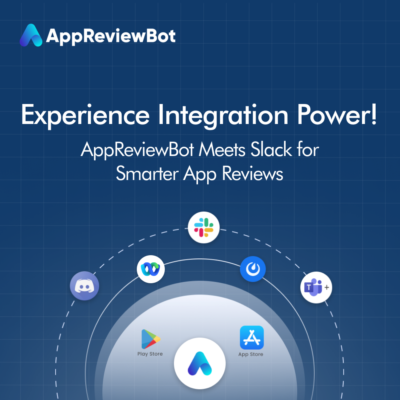The pandemic has certainly accelerated many changes in the fintech world, both for businesses and consumers, but one thing that still hasn’t really changed is how financial firms look at and manage data. That is, there are still plenty of privacy, risk, and regulatory restrictions on how data is accessed and used; and for good reason. While fintechs have spent the last 10+ years making the front-end experience of banking more fluid and accessible, the backend data that everything is built on remains fairly siloed and poor.
But that might not always be the case, at least if this week’s guest on the Fintech Growth Talk has anything to say about it. Naré Vardanyan is the CEO and Co-Founder of Ntropy, which provides financial institutions and fintech firms with flexible, autonomous banking data cleansing, labeling, and enhancement. Ntropy’s unique API helps firms automatically clean and categorize their transactions in order to get a clearer picture on end-user financial behaviors upon which they can build personalized and powerful money experiences.
Until now, the financial industry has viewed data as an afterthought, though many organizations and departments within them vigorously protect their data, seeing that as their strategic advantage. However, this type of behavior makes building services and features on top of data—or even making decisions based on the data—very difficult, says Naré.
Ntropy is taking a different approach with the mission of creating “a single source of truth for consumer financial data.” With more companies in the world embedding financial functionalities Naré’s hope is that this will result in allowing both consumers and financial institutions to make better decisions.
That said, even transaction data is difficult to reach, with many privacy and security barriers, albeit data aggregators such as Plaid and Yodlee have demonstrated huge value generated by opening up financial data. There is also a lot of “competitive sensitivity” around data; every bank considers their data their own. However, getting access to a broader data set can allow financial institutions to do strategically unique things that they simply can’t do today.
This is where regulation can be a huge help. We typically think about regulations as being a hindrance to doing business, but Naré compares it to when the U.K. opened banking data, which then provided banks with a framework for making their user data available at scale. However, the potential of open banking and more data being available is not yet realized, given that the quality of the data and insights available are very poor.
That’s where Ntropy’s API comes in. It’s completely platform agnostic, dealing solely with transaction strings (time/dollar amount of purchases) from a variety of sources. Using this data, the industry can move beyond simply putting a nice UI/UX on the same services; it can be used to provide things like better access and pricing to different credit products based on spending, as well as move into embedded insurance, tax automation, and a variety of other services that can only be possible with much broader view of the customer.
And this is just the beginning, says Naré. Opening up SKU and receipt data from transactions can ultimately empower end consumers even further, and we are already starting to see interesting companies emerge in this space. The more we can open data, the brighter our future will be.
Naré Vardanyan is the CEO and co-founder at Ntropy, a data platform to enable the next generation of financial services, focused on decoding payments first. She was born and raised in Armenia, a small country in the Southern Caucasus, torn by territorial conflict and war. After obtaining her degree in International Relations at age 15, she has been working for the UN on the development programme focused on financial inclusion and poverty reduction. She’s continued her career in Geneva, Switzerland and London, UK, where she has started and invested in businesses in Machine Learning/A.I. space in the last few years, before founding Ntropy.
Naré is fluent in 11 languages, and is a firm believer in data being the biggest equalizer for the 21st century. Her work at Ntropy is inspired by and devoted to making data a power to bridge gaps in the society, instead of playing a divisive role that it has often done in the last decade.
Listen to our full interview with Naré Vardanya here .





 0
0



